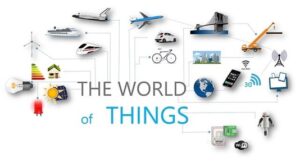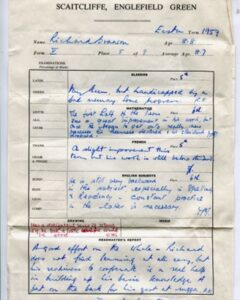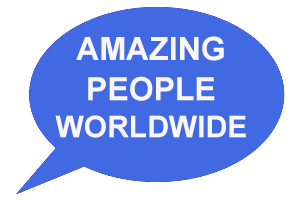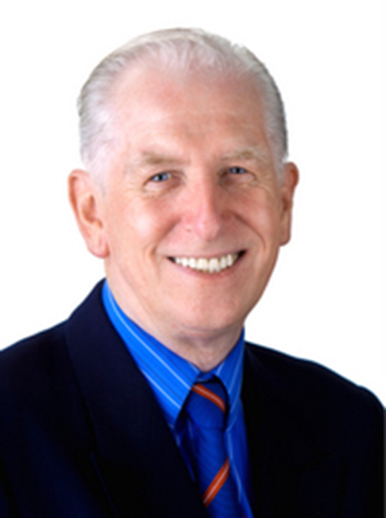Big Ideas & Applications
By Dr Charles Margerison
Psychologist
Big Ideas That Changed Our World
What is your favourite big idea that has changed our world?
Some people who had big ideas include:-
- Johannes Gutenberg, who developed the first printing press about 1455.
- Thomas Newcomen, who built the first commercially successful steam engine in 1712.
- Michael Faraday, whose experiments in the 1830’s converted electrical energy into mechanical motion and inaugurated the age of electricity.
- Marie Curie, whose outstanding research in the early 20th century, led to the understanding of radioactivity and the development of medical X rays.
- Steve Jobs, who introduced the iPad in 2010, as a portable tablet to transform the way we study and work.

There are many more examples of people who invented planes, phones, cars, medicines, television, the internet and other breakthroughs.
They all had big ideas and were able to convert those into applications that have changed our world.
Big Ideas Have Changed The Way We Live
We can sit in New York and have a discussion with friends, family and colleagues in Australia, England, Japan and other countries at the press of a button.
We can fly from London to Sydney in about 24 hours.
With medical advances, there are now ways of curing illnesses that were previously death sentences.

Education and business development has been transformed by online learning.
Today, applications of artificial intelligence are changing life as we know it.
Amazing People And Their Big Ideas
I have studied the lives of amazing achievers, so that we can learn the principles and processes they used in order to help both students and adults.
Ignore Barriers. The first important point is that they did not let barriers get in their way.
- Harriet Tubman was a slave for 29 years. She then escaped and worked hard to become a champion for civil rights. She also rescued other slaves, became a nurse, and fought in the US Civil War on the Union side.
- Nelson Mandela was imprisoned for 27 years in South Africa under the segregation laws. On gaining his freedom, he called for free elections rather than incite civil war. He was elected President of South Africa and served from 1994 to 1999.
Action Learning. Amazing People did not let their lack of formal education get in the way.
- Thomas Edison was sent home from school when he was seven years of age, because the teacher thought he was not able to learn. The problem actually was that he suffered from being deaf. However, he had an enquiring mind and developed practical skills to fix machines. He used his abilities to create inventions that changed the world including the music phonograph, the light bulb, the motion picture camera, and many more innovations with over 2000 patents to his name.
- Sarah Breedlove was the daughter of slaves and she had little formal education. She became an orphan at the age of seven and married at the age of 14. However, when she was 20 years of age, her husband died. Not deterred by this, she set out with great energy to develop her own hairdressing business, as she wanted to help women with hair care products. She proved to be an effective organizer and entrepreneur. Sarah married Charles Walker and promoted herself as Madam Walker. The number of women working for her reputedly reached 25,000. She also gave substantial sums to support the Young Men’s Christian Association and the National Association for the Advancement of Colored People’s.
Choose Your Own Path
 Richard Branson the founder of the Virgin Group of companies discovered an old Primary school report. It indicated he had many problems in learning to read and write (later he found out he was dyslexic), plus he needed to concentrate more. His comment on this was:-
Richard Branson the founder of the Virgin Group of companies discovered an old Primary school report. It indicated he had many problems in learning to read and write (later he found out he was dyslexic), plus he needed to concentrate more. His comment on this was:-
‘Going through school with undiagnosed dyslexia wasn’t at all fun, but I’m glad I didn’t let it squash my big ideas. I hope this inspires anyone out there who might be struggling at school right now. Just remember there is a whole lot more to life out there, and one day you’ll be able to look back on these reports and smile.’
This reflects my own experience. My school reports where more negative than positive. One teacher wrote, ‘If this boy put as much effort into his studies as he does into his bowling when playing cricket, then he MIGHT make a success.’ That is why I founded Amazing People Schools – www.amazingpeopleschools.com
The resources help students to understand the life stories of people who overcame barriers to succeed. It provides inspiration for students to pursue their interests and ambitions. In particular, it provides a framework of character strengths, representing attitudes and skills that are based on research, and highlights areas on which students can focus.
Can Do Spirit
Each student should be encouraged to pursue their own big ideas. That is what amazing people like Einstein, Marie Curie, Shakespeare and Helen Keller did. They charted their own path and developed a network of people to help them succeed.

Beyond the formal curriculum subjects, having a ‘can do spirit’ is the most important factor students can develop to have a successful career. That will help them to convert their big ideas into effective applications.









